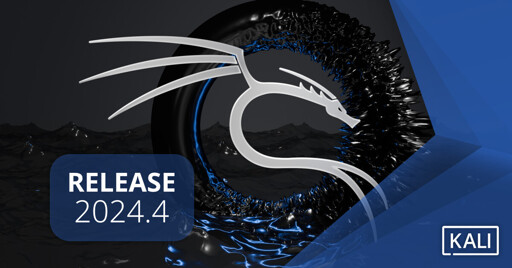Kali Linux is an open-source, Debian-based Linux distribution geared towards various information security tasks, such as Penetration Testing, Security Research, Computer Forensics and Reverse Engineering.
I’ve heard about Kali Linux many times before. What does it do to make these tasks easier? Is it just that it comes pre installed with the right software or is there any other tweaks that is made?
Pretty much that. It has all the sane defaults that protect and enable you when starting out in SecOps.
And for more experienced users it’s later on: “before I setup everything again, I just use Kali.”
It isn’t a secure operating system. It is a toolkit for pen testing and red team hackers. Definitely not a daily driver kind of OS.
Except it is secure by design.
But you’re right about it not being meant as a daily driver.
What do you mean secure by design? What part of it is secure. Compare it to actually security focused Linux operating systems like QubesOS, Kicksecure, or Secureblue. Literally any OS that supports the Brace tool (made by the creator of DivestOS) is much more secure than Kali Linux. Kali is purpose built for red team work, not being secure (aka reducing attack surface or designing around a threat model).
Kali is secure as in once it’s configured, it cannot be accessed without creds, keys etc. That meets the definition of ‘secure’. It’s just Linux with a bunch of pre installed packages.
Of course something can always be more secure. But saying Kali isn’t secure is like me saying your PC isn’t secure because it isn’t air gapped like my most secure PC.
PCs aren’t secure. Linux default isnt secure. Kali has so many apps/tools installed by default that it isnt comparable to default Linux. It has massive attack surface and no security design, therefore calling it secure isn’t accurate.
If no effort was put into the security design of an OS, why call it secure?
it’s not secure by design, since it’s not made to be secure, and also uses unstable versions of a lot of packages to make certain exploits work





